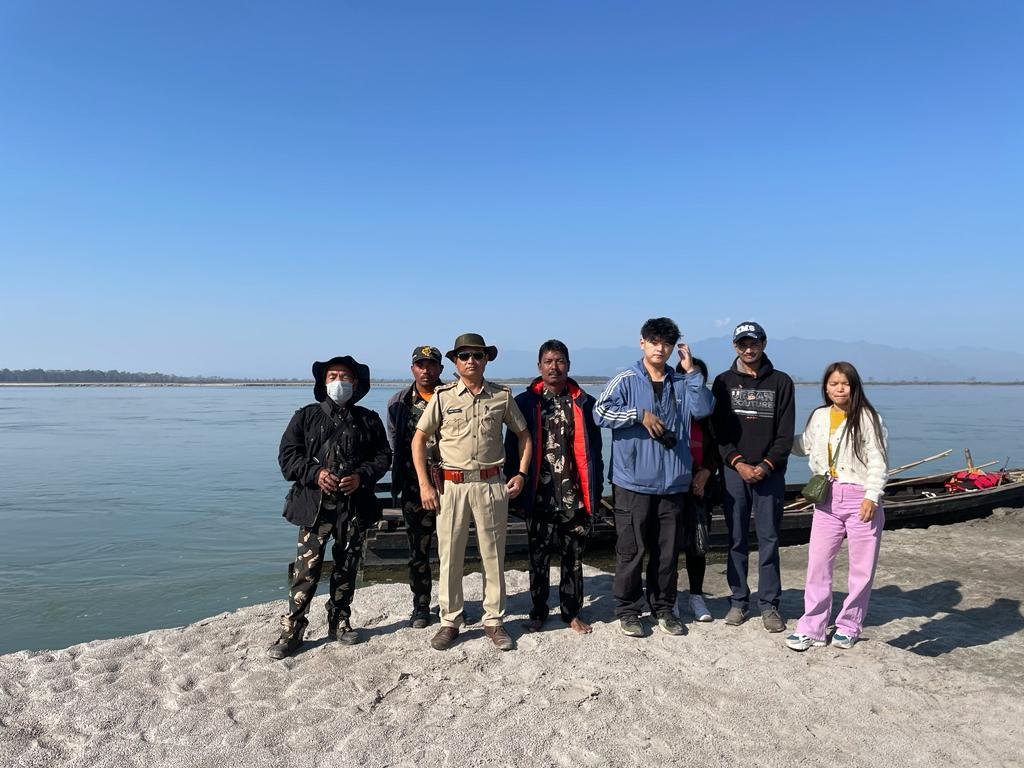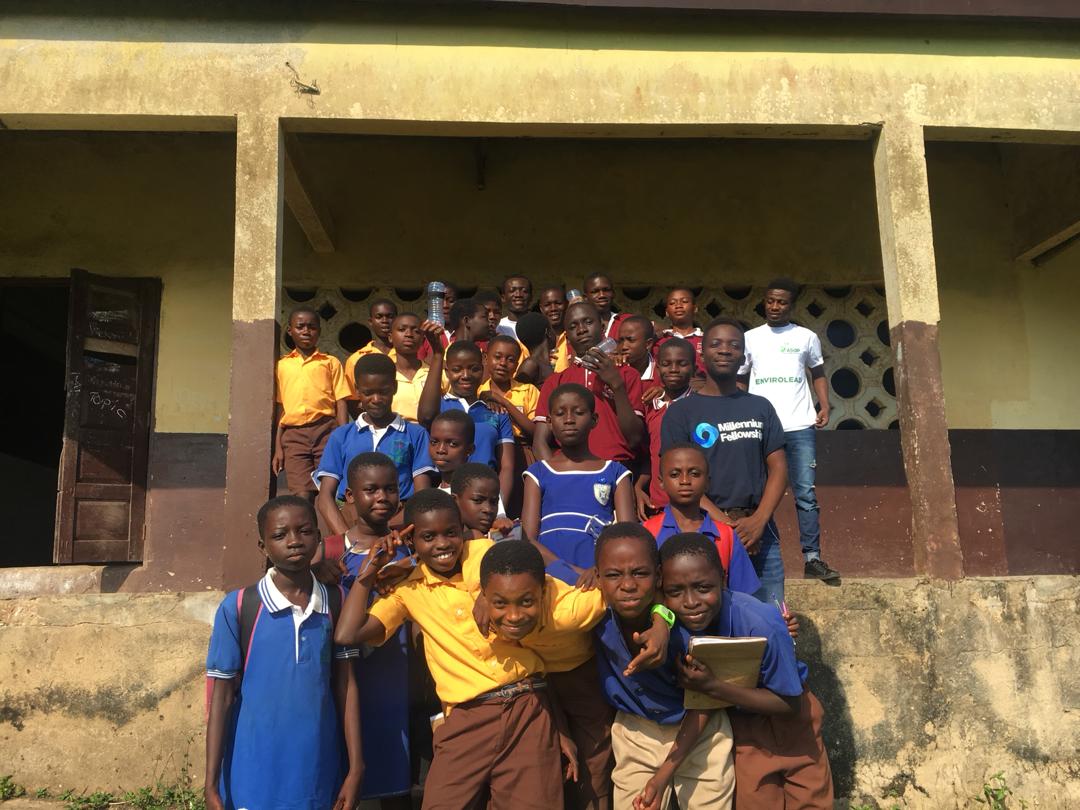The Millennium Oceans Prize celebrates and supports students who are leading movements and campaigns focused on SDG 14. MCN is inviting any undergraduate student who is passionate about a social or environmental issue to come up with a concrete campaign idea and apply! Learn more below about our current Millennium Oceans Prize campaign recipients and the previous Millennium Oceans Prize recipients.
9th Annual Millennium Oceans Prize (2023-2024)
Jalamitra
Campaign Leaders: Pawan SS, Mahajan BK
Jalamitra is a project aimed at normalizing the natural hydrological cycle in the Palar river basin. It focuses on soil and water conservation measures in the mini watershed area of Uttanuru, covering 22 villages with a population of around 15,000 people who will directly benefit from the project. The project will establish an Eco-Restoration Cell around a water pool with local, non-water-intensive species. This change will result in a sustainable environment, increase food production, reduce soil erosion and generate local employment.
Ngok Siang’
Campaign Leaders: Luke Rimmo, Marina Tatin
Ngok Siang actively protests the increasing human interference in the Siang River, and advocates for sustainable alternatives, emphasizing the need to balance development with the critical preservation of the Siang River and its unique inhabitants.
They are working with local fishermen, volunteers, and local school students, to promote sustainable fishing methods and eco-friendly measures, including using fishing nets that do not harm dolphins, avoiding fishing during crucial breeding seasons, and steering clear of areas known to be frequented by dolphins.
8th Annual Millennium Oceans Prize (2022-2023)
Lagos Plastic Revolution
Campaign Leaders: Dawodu Fareed, Nkwor Precious, Adewale Adebola, Adenekan Obadare, and Adeyemi Akanbi
Lagos Plastic Revolution is a two-fold campaign that has an educational component to bridge the knowledge gap on environmental conservation across three campuses of Lagos State University, and a practical component of collecting and turning plastic into paving blocks.
Mangrove Observatory
By: Indira L. Eyzaguirre, Federal University of Para, Brazil
The "Mangrove Observatory" is designed to address the various socio-environmental issues about the mangrove ecosystem and generate information that can identify various way to conserve the Amazonian Mangroves. This project is in its second phase, which intends to launch a pilot of the “Mangrove Observatory”
Learn more about their project here
7th Annual Millennium Oceans Prize (2021-2022)
Mangrove Planting in Ghana
Wonder Sekey & Emmanuel Nyarko, Nancy Momo Kwame Nkrumah University of Science and Technology, Ghana
Restoring the Mangrove and Fisheries of the Keta Lagoon Complex Ramsar
As a response to depleting mangrove ecosystems and associated loss of livelihood in coastal communities in Ghana, the 2021 Millennium Oceans Prize recipients embarked on a project to restore the depleted wetland of Keta Lagoon Complex Ramsar Site (KLCRS) by 1) raising awareness on mangroves among communities depending on the KLCR, 2) plant 4,000 seedlings of mangrove in depleted portions of the Ramsar site and 3) demonstrate and introduce fish farming in the mangrove communities.
LEX AQUATICA
Lex Aquatica is a legal literacy project that aims to improve the general awareness of the legal and governance systems in Malaysia by presenting the information through new media like videos, infographics and a webinar. With this information, stakeholders are galvanized to suggest new amendments and progressive laws that are in line with international conventions. Further, this information can be used by organizations, students and communities in furthering the marine protection agenda. These programs will result in an overall positive impact on the marine environment in Malaysia.
On 29th April, 2022, Lex Aquatica held an online event — The Millennium Oceans Discourse: Protection of Marine Biodiversity through International Law in the 21st Century — to discuss international marine environmental law and how international law relates to domestic law. The event brought experts in international marine environment law, covering UNCLOS, Marine Biodiversity, Deep Sea Mining and more.
6th Annual Millennium Oceans Prize (2020-2021)
Giant Manta Rays - Winner
Micaela Stacey-Solís, Michel Guerrero-Mancheno, & Gustavo Pamiño-Otamendi from the Universidad Tecnológica Indoamérica, Ecuador are adopting Mobula birostris as a flagship species to demonstrate the growing problem of plastic pollution in the southern region of the Eastern Pacific, where studies in this subject are scarce.
As part of the project, a team of professional wildlife and underwater photographers will capture, through high impact photographs and a short documentary, all the efforts this project, and Fundación Megafauna Marina del Ecuador, are making to protect this threatened species and the ecosystems they inhabit, as well as showing the beauty of an underwater world still unknown to many.
The audiovisual material will be exposed and shared, both to socialize the project and to show the beauty of an underwater world still unknown to many, as well as to raise awareness and send a powerful conservation message that can easily reach people, regardless of their language, age, geographical position, education level or social condition.
Clean Oceans Healthy Fish
Davida Obeng-Mensah, who is majoring in Fisheries and Watershed Management at Kwame Nkrumah University of Science and Technology is working on creating an application to support fish farmer in gaining access to knowledge and resources to track health of fish. Davida one of the Runner-ups for the 6th Annual Millennium Oceans Prize
The project seeks to reduce drastically the rate of water pollution and also minimize the rate at which diseases affect fish either in ponds or freshwater. The Project seeks to design a software with a section that put out the proper way to handle and feed fish, how to keep the ponds clean amongst others. It will also have an interactive page where the farmers can share their problems for help and also their success for others to immitate.
Save the Lagoon
Sustainable Development Advocates (SDA) is the first registered club to advocate for the SDGs and its implementation through partnerships in the University of Lagos, Nigeria. The implementation of the SDGs are done through partnerships coupled with the club's genuine projects which cut across the SDGs. Save the Lagoon was selected as a Runner-Up for the 6th Millennium Oceans Prize.
Through the Millennium oceans Prize, the SDA team will adress ths issue of open defecation into the lagoon due to the lack of toilets in the area. SDA aims to focus on sensitization and infrastructural development particularly, the constructions of public toilets at strategic places within the communities. Beyond the construction of public toilets, the communities will also be provided with recycling indicators waste bins to prevent dumping of wastes into the lagoon.
5th Annual Millennium Oceans Prize (2019-2020)
The Journey of Awakening for Protecting Life Underwater
A project led by Afsal Mohammed & Bismi Biju, students from TKM College of Engineering, India and Millennium Fellows, to train young leaders across Kollam on protecting the environment.
As part of a large youth camp training, this campaign aims to engage young leaders collecting floating/included non-biodegradable contaminants out from the water bodies in the location where the camp will be based. The collected waste would be transferred to the Plastic Recovery Unit located at the same village where these items would be segregated and crushed out to tiny pieces on allowing it to pass through the Plastic Shredding Machine at the Plastic Recovery Unit.
Over the next academic year, the team will aim to work on:
Capacity Development and Awareness to work for SDG 14 and AICHI target 1 with youth as focal point- our primary goal is to invest on the youth citizens molding them up to be capable of finding out and implementing possible sustainable solutions for the conservation of biodiversity and living beings in, around and below the water.
Connecting the dots- There are people and organizations working for the cause, the local government have few initiatives and policies, the fisherman are concerned, majority of public are not happy with current situation. We are trying to connect the stakeholders to find inclusive solutions and facilitate cooperation among the stakeholders.
Re-establish and Re-bulid the Waste Management System of the local administration and would increase the efficiency and effectiveness of the Plastic Recovery Centre, thereby eradicate 50 percent of plastic waste out of the village adopting the 3R principle.
4th Annual Millennium Oceans Prize (2018-2019)
A project led by Denver Chikokonya & Lloyd Teta, students from Ashesi University, Ghana and Millennium Fellows, on reducing plastic waste in their community.
African Transformers is a project led by Denver Chikokonya & Lloyd Teta aimed at reducing plastic waste by creatively using plastic waste to make various products such as bins and pencil holders, in the form of recycling. The African Transformers project’s team collects used bottles and makes dustbins which are then sold to the local villagers at affordable prices. They also teach simple recycling to primary school students. Read more about their work here.
3RD Annual Millennium Oceans Prize (2017-2018)
Raising Fins
A campaign led by Jodi Robertson, a student from Northeastern University, on the importance of Leaving No Trace when scuba diving.
Raising Fins came as a result of Jodi's research project “Achieving Conservation through Sustainable Marine Tourism: Synthesizing Social-Ecological Outcomes of SCUBA Diving.” Using a literature review of scientific literature about the outcomes of recreational scuba diving, the research clearly indicates that divers cause significant harm to the environment. From breaking coral, to raising sediment, interacting with wildlife and manipulating the environment to suit our entertainment, it was clear that the net impact on the environment is significantly deleterious. In response, this initiative aims to create a set of responsible diving behaviors and principles that will guide divers both in the water and back on land. It will turn every diver into an advocate for the ocean. The campaign has been spotlighted by Northeastern University runs through November 2018.
2ND Annual Millennium Oceans Prize (2016-2017)
Pédrisson and Emmanuelson Bernard, from Carrefour, Haiti identified that the lack of waste management in their community was creating extreme pollution in their nearby ocean. The streets are filled with trash and waste and when it rains, it all flows into the sea. To solve this problem, they believed that they first must implement a proper waste management system. They inspired community youth to become engaged in cleaning Carrefour, therefore, creating more job opportunities. They also aimed to create sustainable change by educating families on how to properly dispose of waste. By tackling the root source of ocean pollution in their area, poor waste management, they created a domino affect of change. As they say, it doesn't matter where you are from, "we share one sea!"
1st Annual Millennium Oceans Prize (2015-2016)
10 by 2020
A project led by Emily Nocito focused on marine stewardship. Connect with Emily on LinkedIn.
Millennium Oceans Prize winner Emily Nocito, as a senior at Stony Brook University, led discussions surrounding marine stewardship for her campaign, 10 by 2020. This campaign advocated for the creation of Marine Protected Areas as outlined in Sustainable Development Goal 14. Webinar participants had the opportunity to hear from researchers and international ambassadors to learn how to mobilize peers on their own university campuses for this cause.































